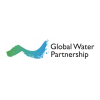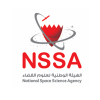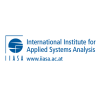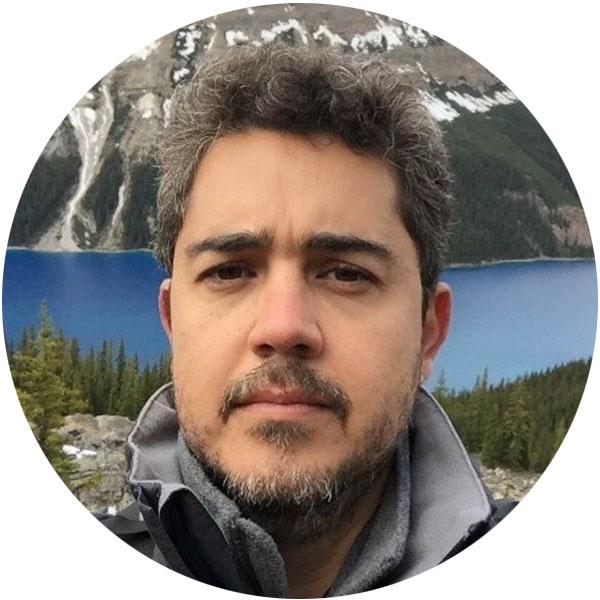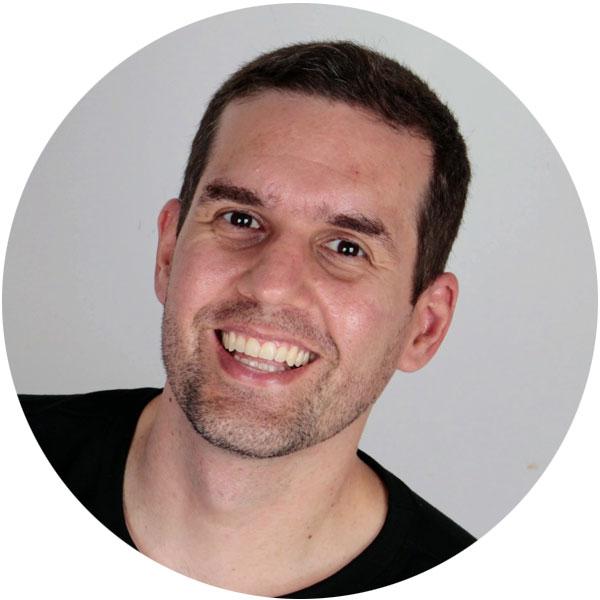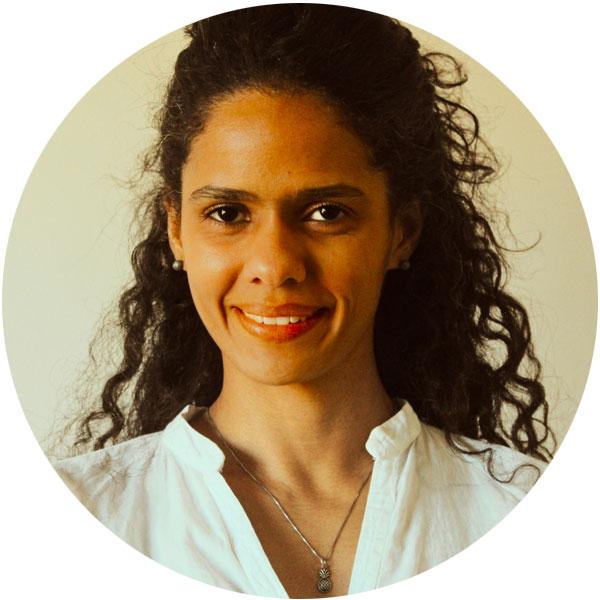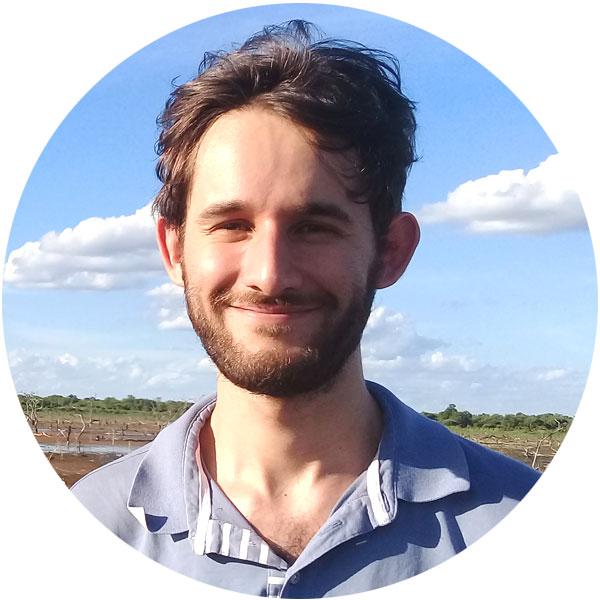Interview with Dr. Dhalton Ventura, Water Resources Specialist, National Water and Sanitation Agency - ANA (Brazil)
How do you personally and professionally relate to water and/or space technologies?
Personally, I was always connected with natural environments and would often visit mountain streams and waterfalls. My professional experiences with both water and space technologies started in 2004 when I worked at the Amazonian Manatee Project in a nature reserve in Amazonas, Brazil.















